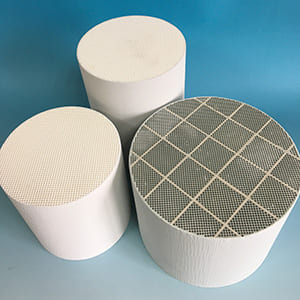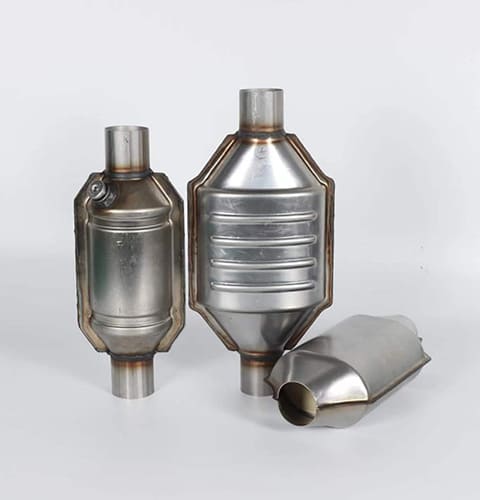Ever wondered why industrial gas filtration is such a hot topic? Or why companies are constantly looking for ways to improve their filtration methods? Maybe you’ve heard of ceramic honeycombs but aren’t sure how they fit into the grand scheme of things. Let’s dig deeper.
Ceramic honeycombs are emerging as a game-changing solution in industrial gas filtration. Unlike traditional filters, they offer superior mechanical strength, chemical stability, and a high surface area-to-volume ratio. These unique attributes make ceramic honeycombs highly efficient, long-lasting, and cost-effective in the long run. So, it’s not a stretch to say that ceramic honeycombs are the future of industrial gas filtration.
Still curious? Good, because this is a technological revolution you don’t want to miss out on. From energy efficiency to environmental conservation, the advantages are too significant to ignore.
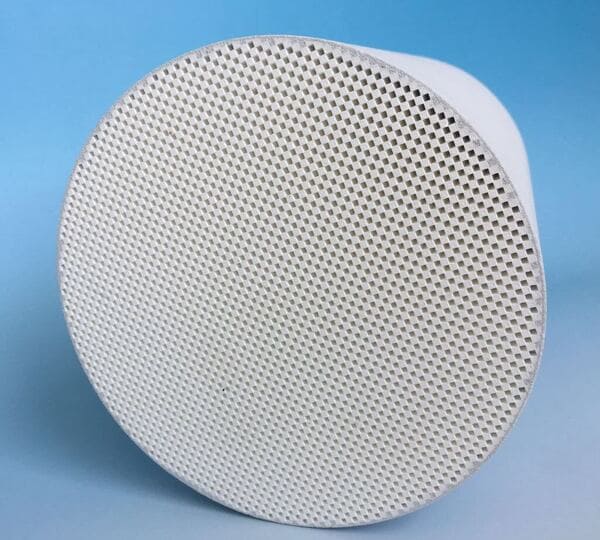
Why are Ceramic Honeycombs Better for Gas Filtration?
The high surface area provided by the honeycomb structure enables more efficient gas flow and filtration. But don’t just take our word for it; according to scientific research, ceramic honeycomb filters can achieve higher filtration efficiencies compared to traditional filters.
What Makes Them So Durable?
The mechanical strength and chemical stability of ceramic honeycombs are much higher than other filtering materials like fibrous or metallic filters. Studies show that ceramic honeycombs can withstand extreme conditions, making them a go-to option in harsh industrial settings.
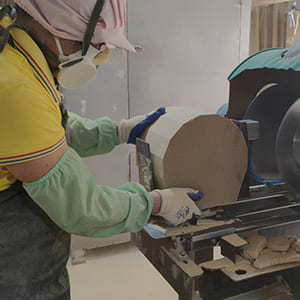
How Do Ceramic Honeycombs Impact Cost and Longevity?
You might think that ceramic filters would be more expensive given their advantages, but that’s not necessarily the case. Due to their longevity, the overall cost of ownership over time is often lower than traditional filtering methods. In fact, data supports that ceramic honeycombs require less frequent replacement, reducing long-term costs.
Are Ceramic Honeycombs Environmentally Friendly?
Yes, they are! Ceramic honeycombs contribute to reducing air pollution and carbon emissions. Environmental reports highlight the importance of efficient filtration systems in lowering greenhouse gas emissions, placing ceramic honeycombs at the forefront of sustainable solutions.
What Are the Challenges and How Are They Being Addressed?
While ceramic honeycombs are revolutionary, they are not without challenges. For instance, their brittleness can be a concern. However, ongoing research and development are aiming to improve the mechanical properties of ceramic materials to mitigate this issue.
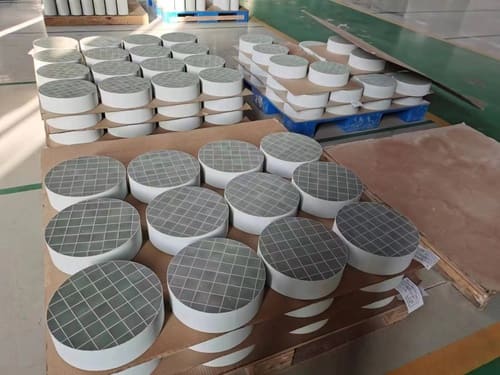
Conclusion
So, are ceramic honeycombs the future of industrial gas filtration? The answer is a resounding yes. They offer unparalleled advantages in efficiency, durability, and environmental impact. As technology continues to advance, it’s clear that ceramic honeycombs will play an increasingly important role in shaping the future of industrial gas filtration.

